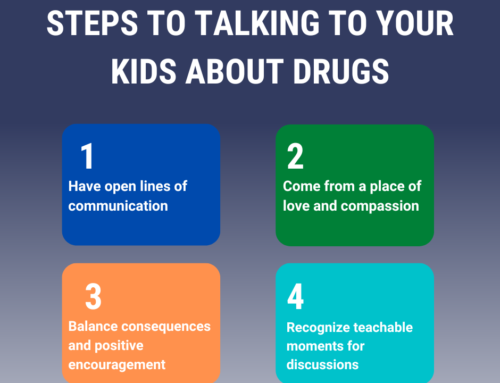A single rule typically exists for people in addiction treatment: stop. For people who struggle with addiction, it is one of the hardest things to do, if not the hardest, because all a person wants to do is gamble, drink, use drugs, or do anything else that is related to their addiction. To have certain rules and boundaries can help create space to manage addiction well and help people heal in recovery.
Setting Healthy Rules
Rules around how to behave in recovery help build understanding of what things are off-limits to the person dealing with addiction. A way of avoiding use of drugs or alcohol is to not be around people, places, or things which trigger addiction. This can be very hard for people in recovery but setting healthy rules early on will keep building on itself to become a stronger recovery down the road. Some people find food rules too restrictive but for people with food addiction, rules also create freedom. This includes:
- Cutting out snacking
- Limiting exposure to food
- Creating rules that are easy to follow
- Not being too restrictive or prohibitive on food do’s and don’ts
- Including lots of thought into how to balance food addiction
- Developing better ways of thinking about nutrition and healthy eating for mind, body, and spirit
Mental warfare can be a person’s biggest detriment when struggling with food addiction. It may be exhausting to deal with food addiction because it is hard to avoid food. It is a necessity for life. Knowing how to eat is what will propel a person with food addiction into a better recovery for the long term. Food rules such as how to eat in between meals, healthy snacking, and ways to eat in a way that provide nutrition to the body supports healthy boundaries that can help manage food addiction.
The Springboard Center’s addiction treatment programs are tailored to meet the needs of each client. By utilizing a set of diverse methods of addiction treatment, we are able to deal with your addiction from all angles and concentrate on every aspect of your healing process. It is important to recognize that many of our services offer a group setting and environment, so that the client spends time with other people affected by the same chronic disease and problems. 432-620-0255




